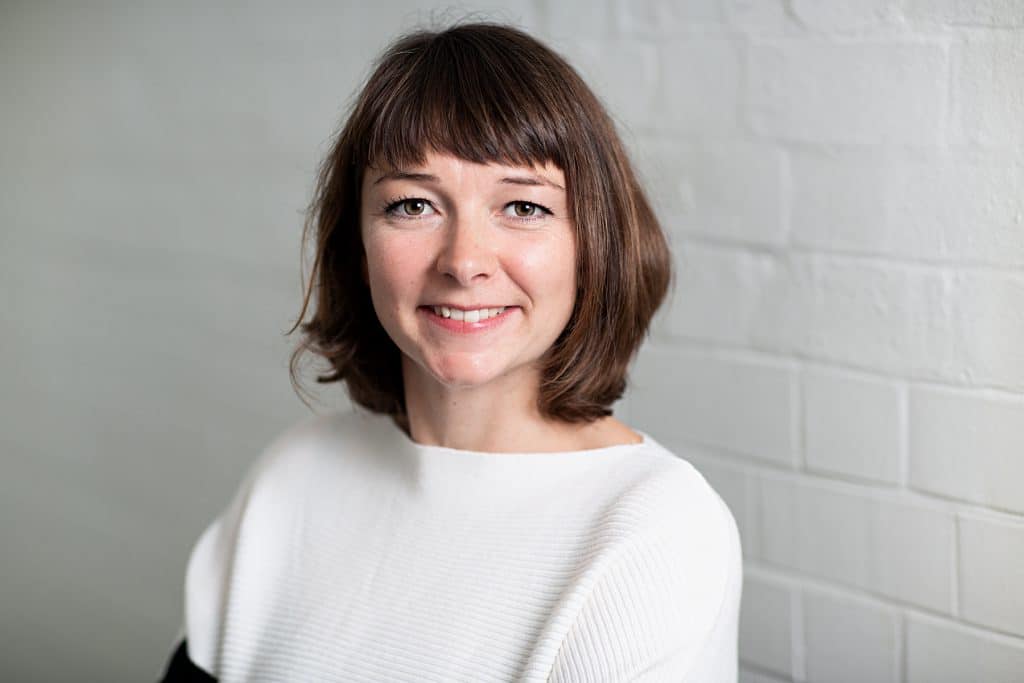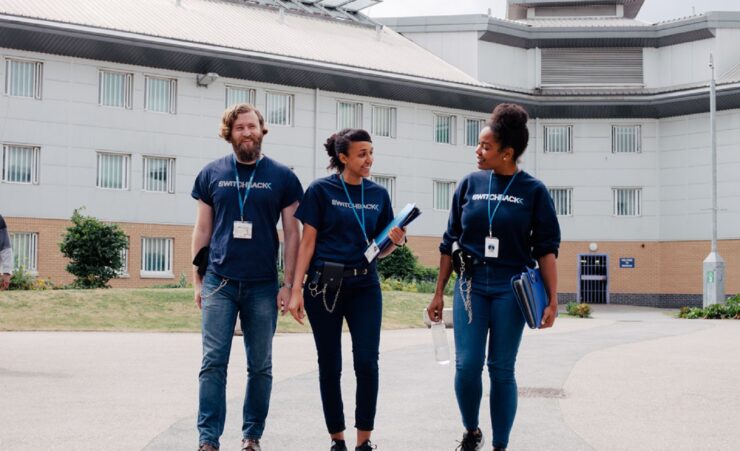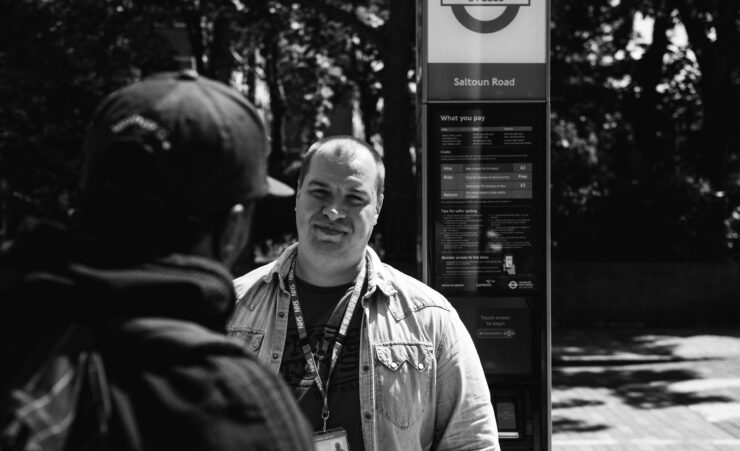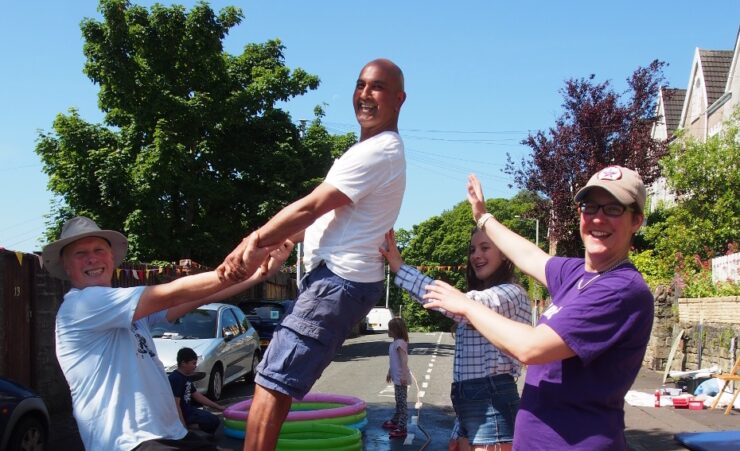
What we’ve learned about rebalancing power in community settings
Power is an ongoing subject in IVAR’s everyday conversations: How do dynamics show up for those we work with, and to what effect? How can power be distributed and inspire people to work together? How can we address power through the work we do?
Across our projects working with communities and small voluntary sector organisations, we understand that not everyone holds a position of power to influence decision making; or can even access avenues to have their voices heard. But over the years we have found that when communities are involved in finding solutions to issues that affect them the results are invaluable.
Yet, individuals and marginalised communities are still often the furthest away from these discussions. By repeatedly being excluded from important discourse, individuals and communities can feel undervalued– with damaging impact on communities and individual confidence and motivation to create change within their local communities.
At IVAR we are often thinking with our partners about how these decision-making spaces can be more accessible and available, to ensure people feel meaningful when developing solutions that communities need. At the heart of this is thinking about where and how to create opportunities to rebalance power.
By working with these three organisations we learned a lot about IVAR’s role and the most useful and appropriate offer we can make to support Black and minority-led community organisations. We have also identified useful insights on how to rebalance power in community settings, with four areas I feel are key:
Convening and bridging gaps
Bringing people together is essential to develop trusting relationships and build a shared purpose. Careful consideration of space is pivotal: not only thinking about the type of spaces where people meet e.g. formal vs informal or neutral environments, but whether the right people are included in these discussions. Part of this is about making these spaces more visible to others and being clear and transparent about the purpose.
Community anchor organisations can play a valuable broker role, particularly by connecting community members with those in positions of power who would have otherwise been challenging to access. Community anchor organisations are also trusted by communities and viewed as having legitimacy to speak on their behalf. In this situation, community anchor organisations have a responsibility to gather a deep understanding of the issues communities face to inform a representative and authentic voice.
Create brave spaces
Be intentional when inviting community members to spaces – ensuring that you are actively promoting more inclusive, challenging and meaningful discussions. Create encouraging spaces where everyone feels they can equally contribute to the discussion and feel heard.
To achieve this, discussions need to cover shared language, co-development of the ways they work together, and to acknowledge and address what might get in the way of trying to rebalance power. For example, where has decision-making power previously been held? Are there any pre-existing tensions or relationships that need to be addressed?
Valuing communities as experts by experience
Community members bring expertise through their own experiences to inform tangible and creative solutions that are truly community-led. It is essential these experiences are not only heard but valued by decision makers. By providing opportunities for individuals to share what it is like to live in their community, stakeholders need to trust communities to identify need, and the best ways to address this.
Listen, learn together and act
It is important to create spaces to listen, promote dialogue, and learn from each other’s expertise and experience. But it is paramount that this leads to action. Some communities are fed up of being asked for information where discussions feel like a ‘talking shop’. When action is taken to create positive change in communities, individuals feel valued, invested and empowered to do more. But it’s important to recognise that relationship-building takes time, capacity and commitment. People have to be comfortable with what may seem like incremental steps and keep front of mind that small steps can lead to big change.
From working with community organisations in varying settings, we have witnessed not only the different power dynamics that are at play but, when they are appropriately addressed, the huge benefits of collaborative working across sectors and disciplines. Positive experiences of working together can build relationships and trust between different stakeholders, influencing a shift in culture and organisational mindset to be more human, transparent and to promote collective decision-making that makes a real difference to communities.


